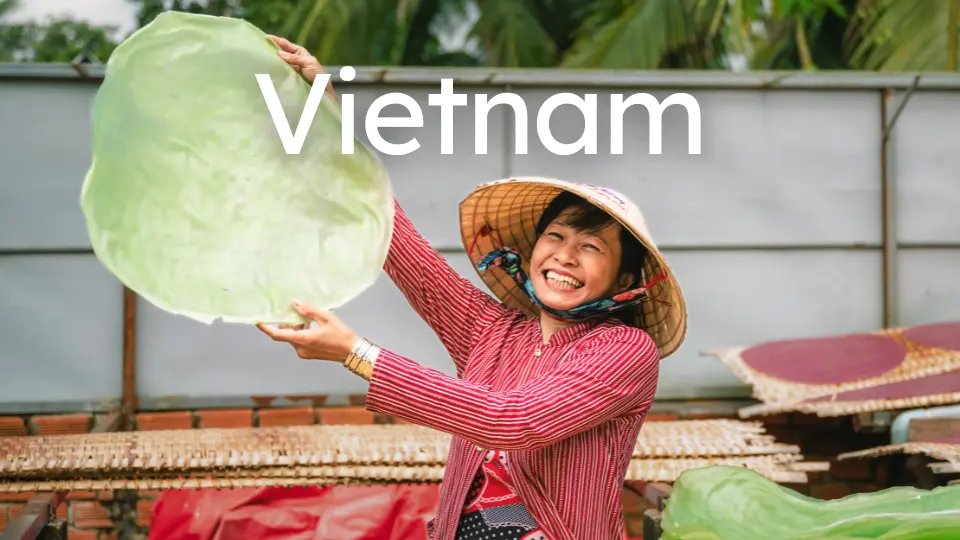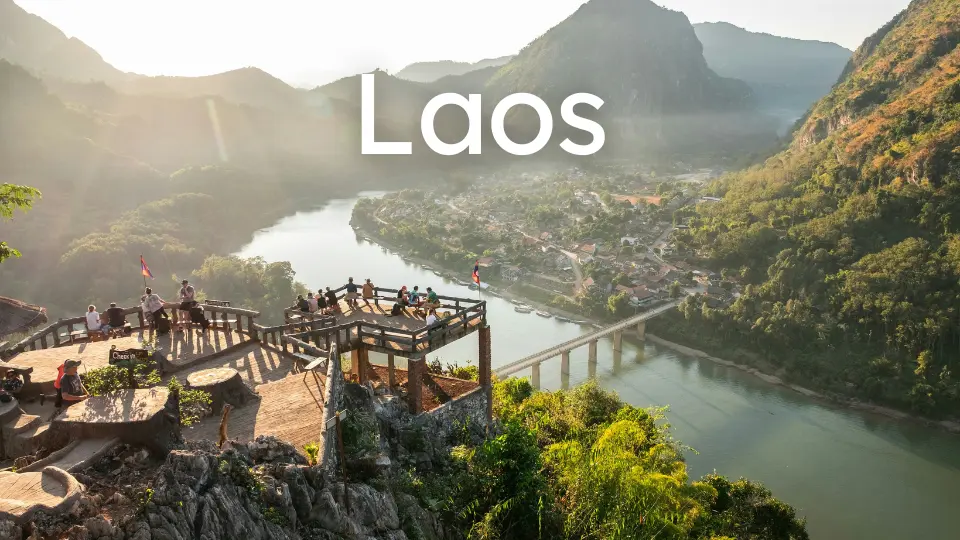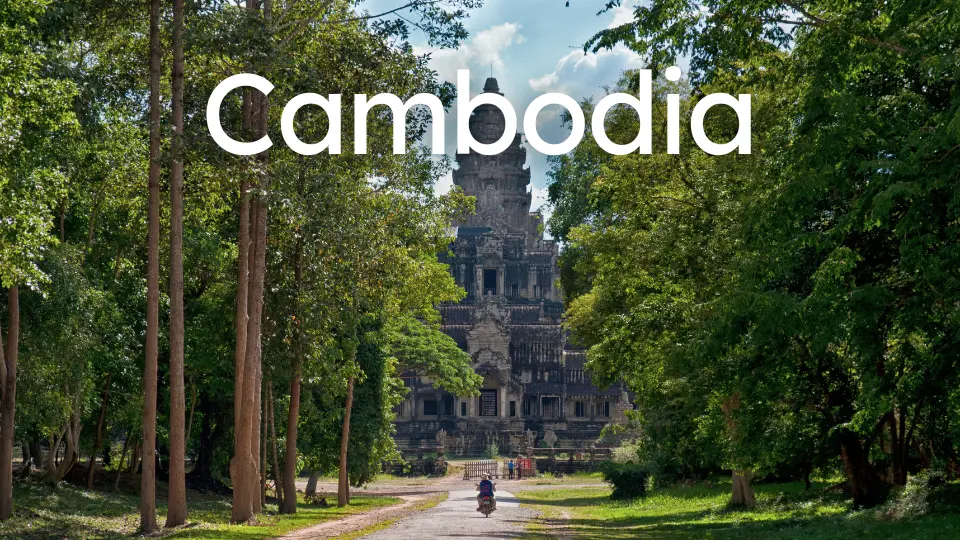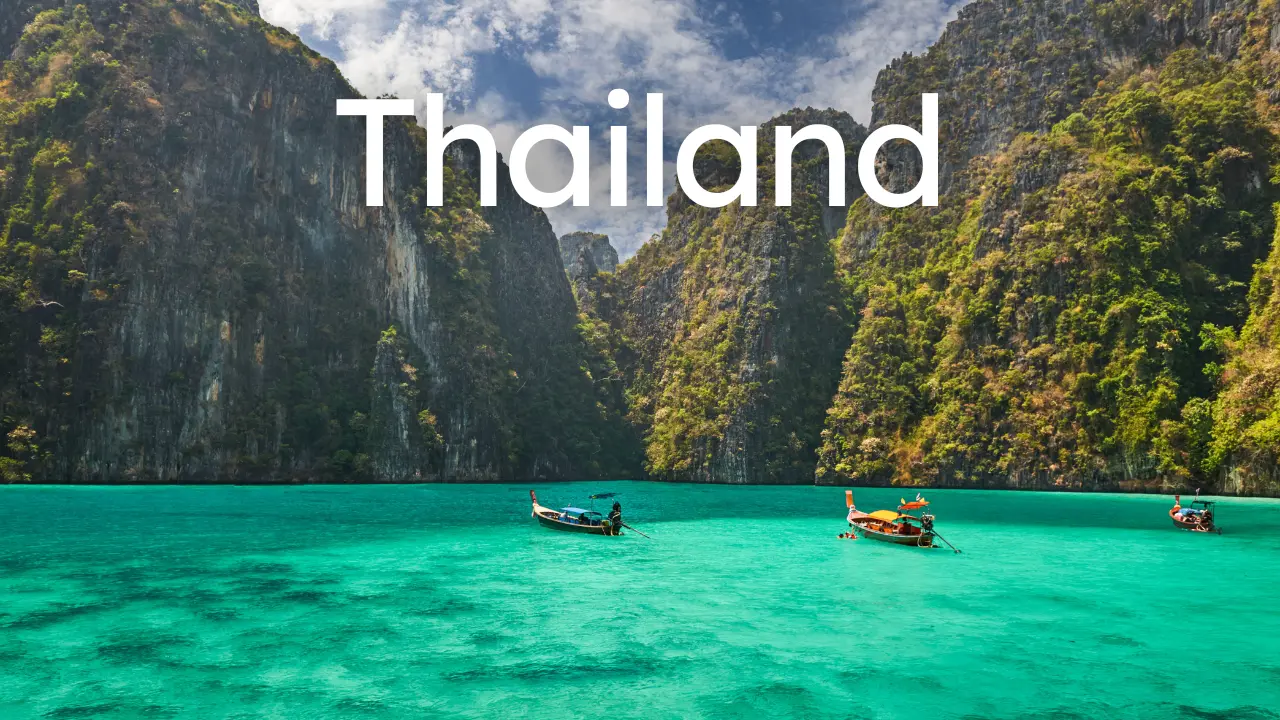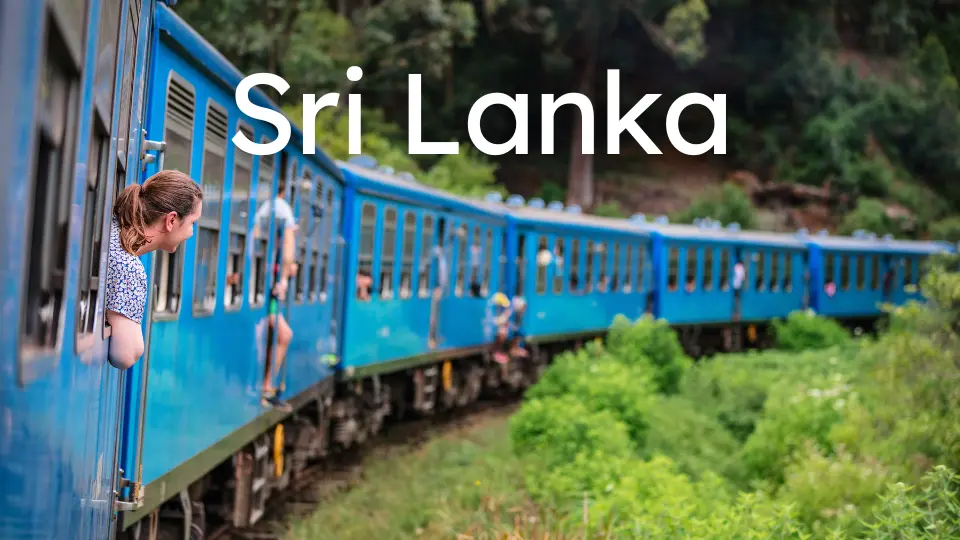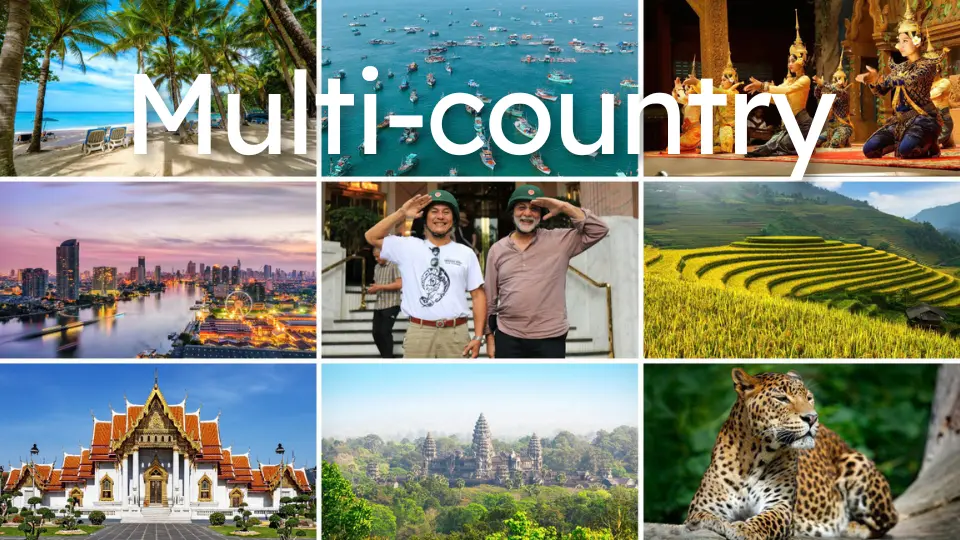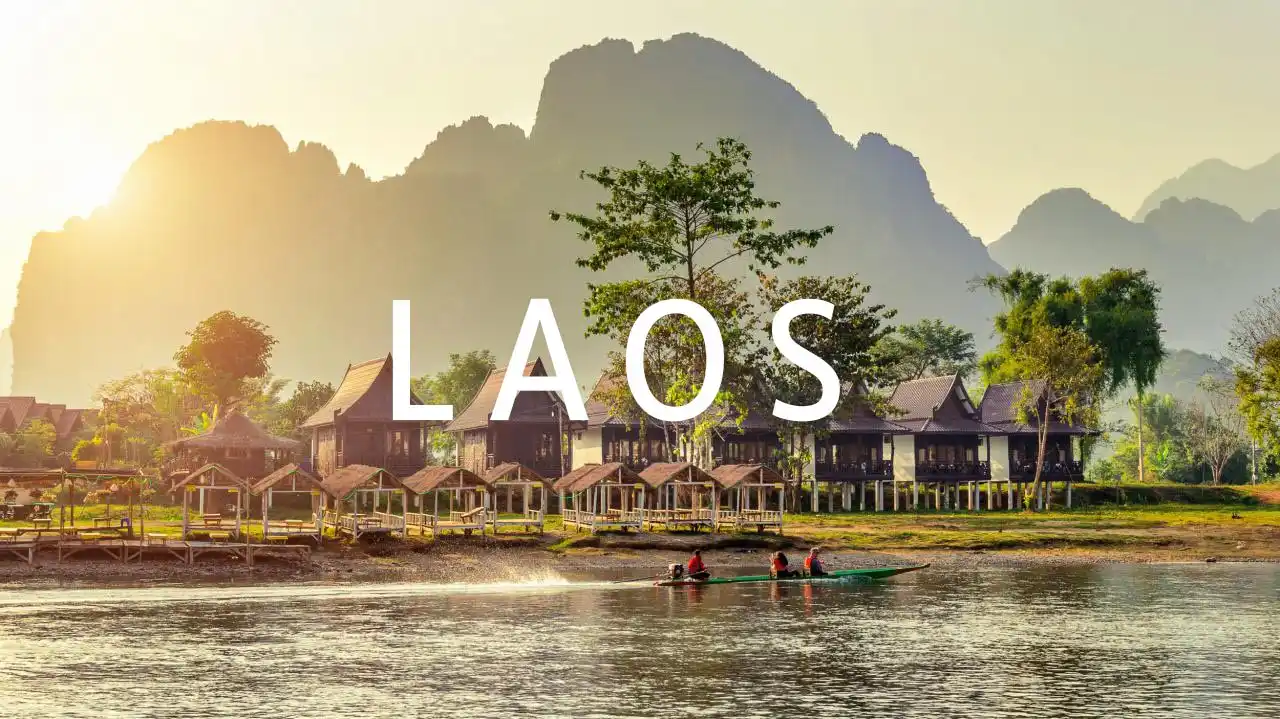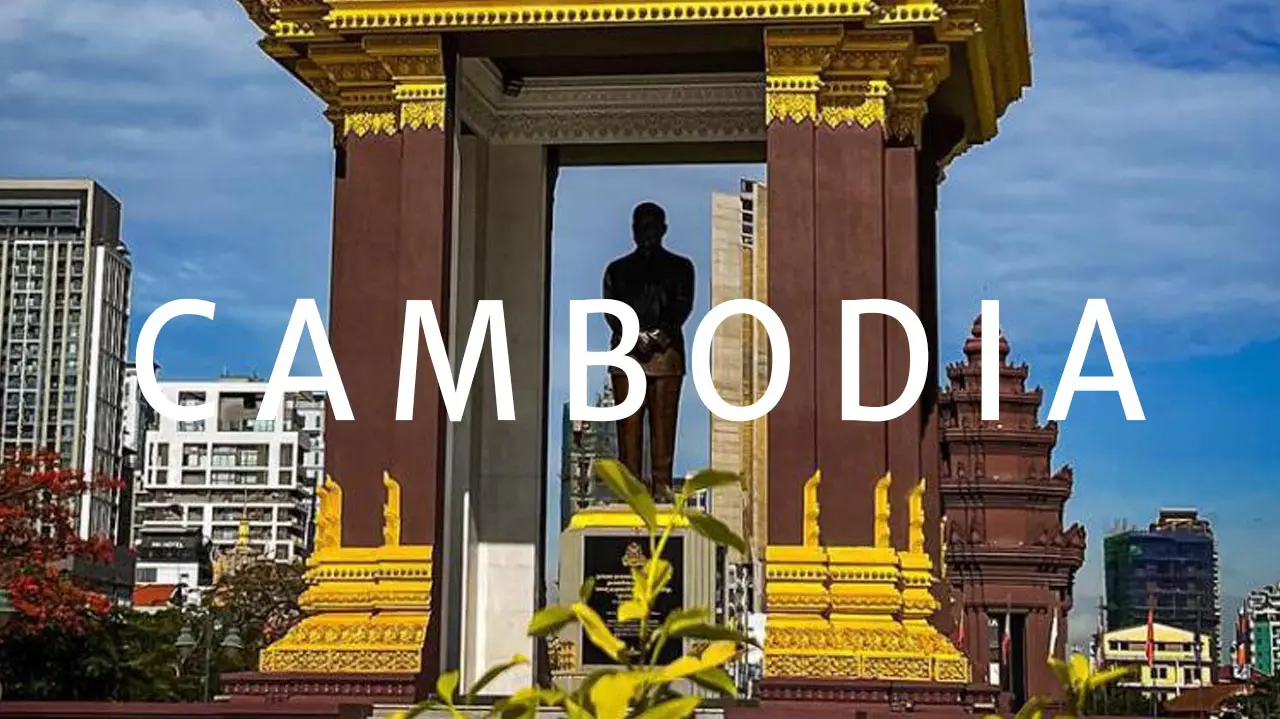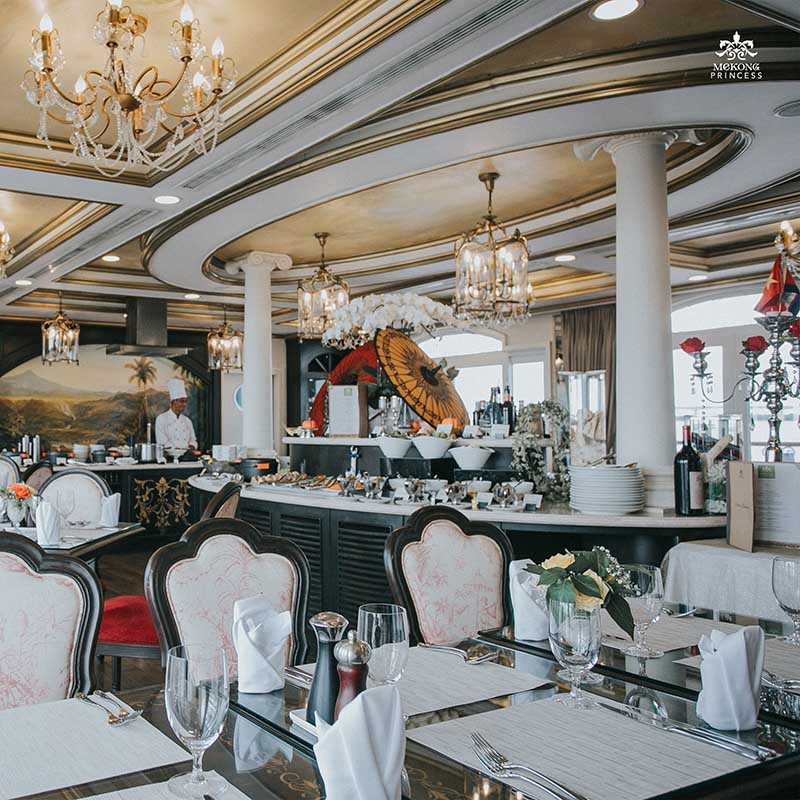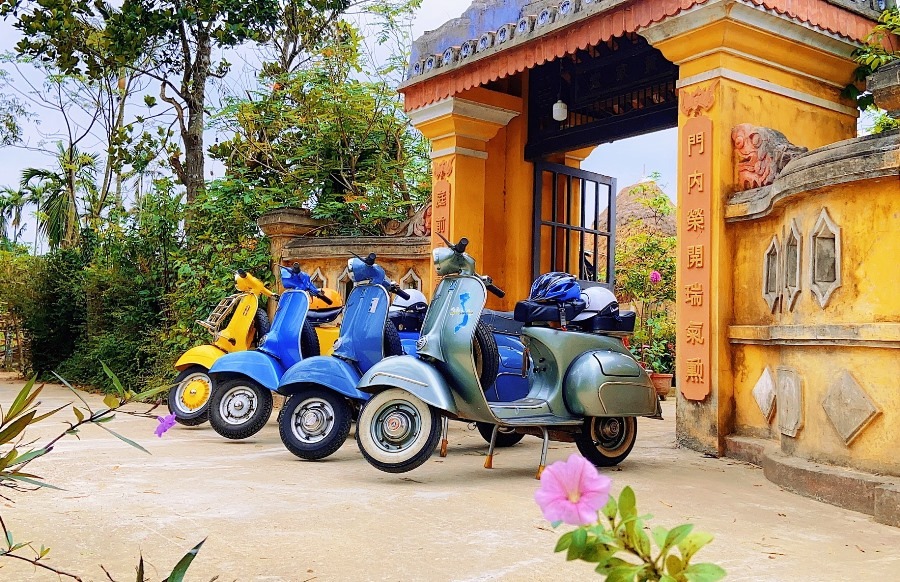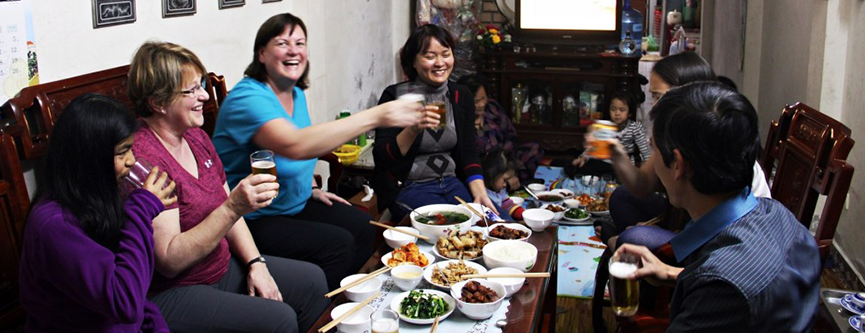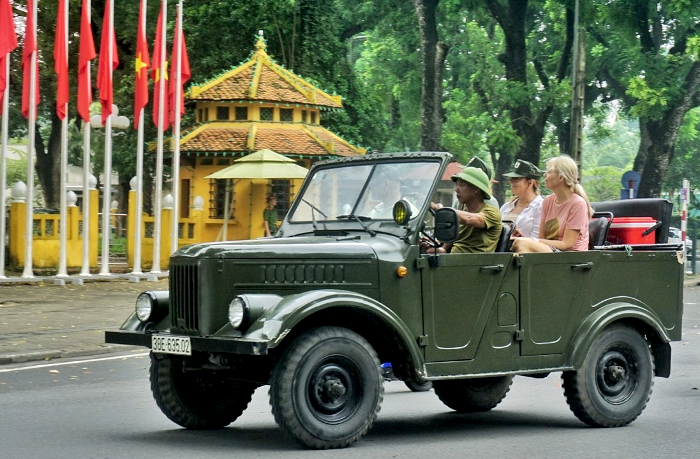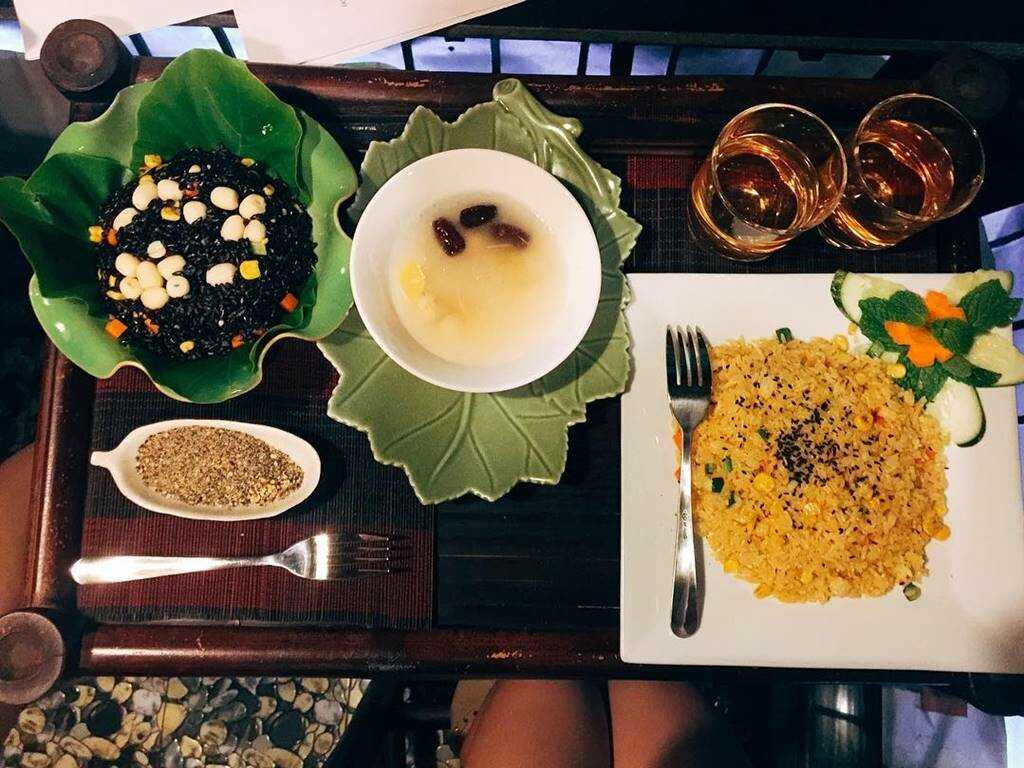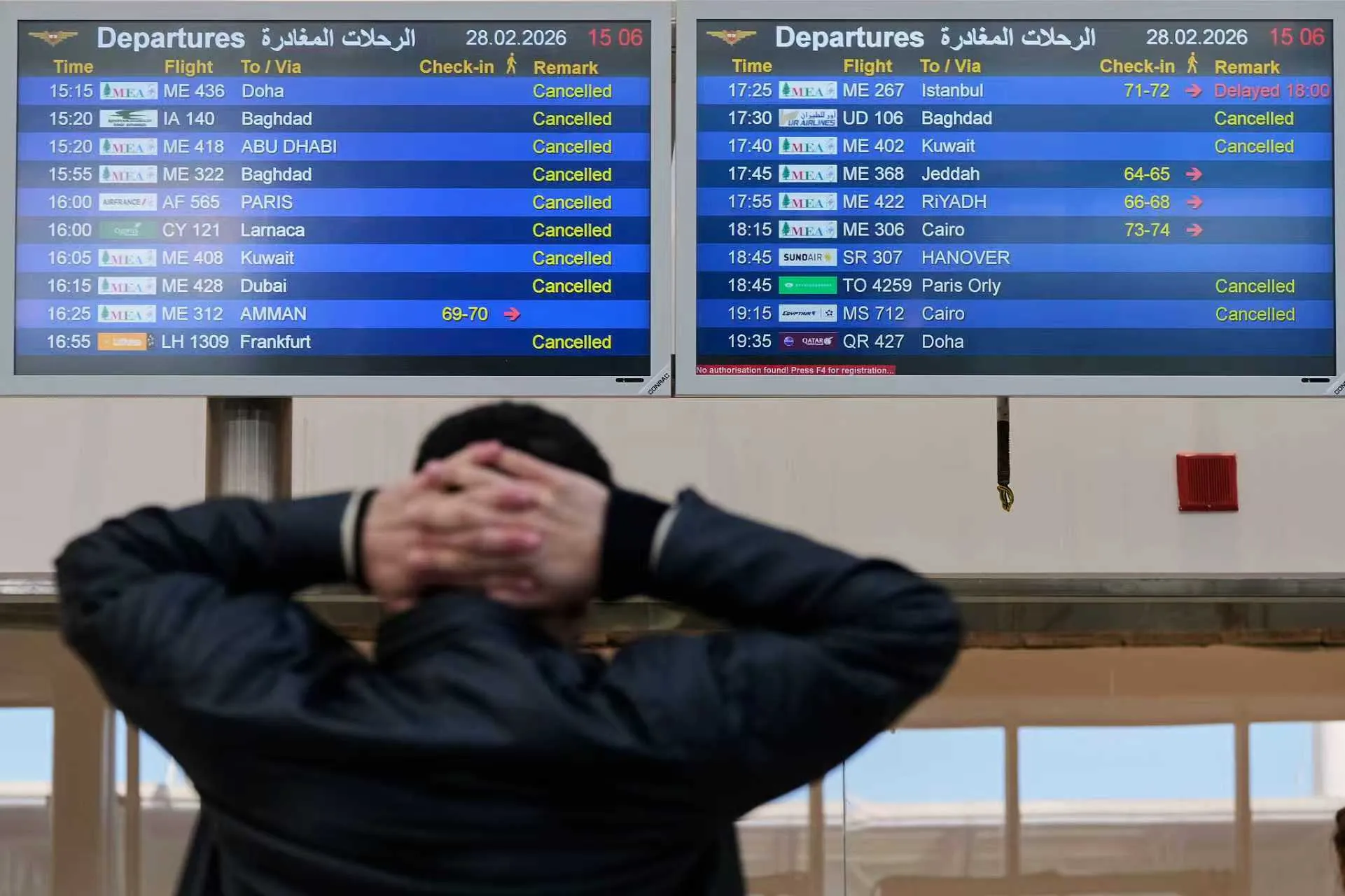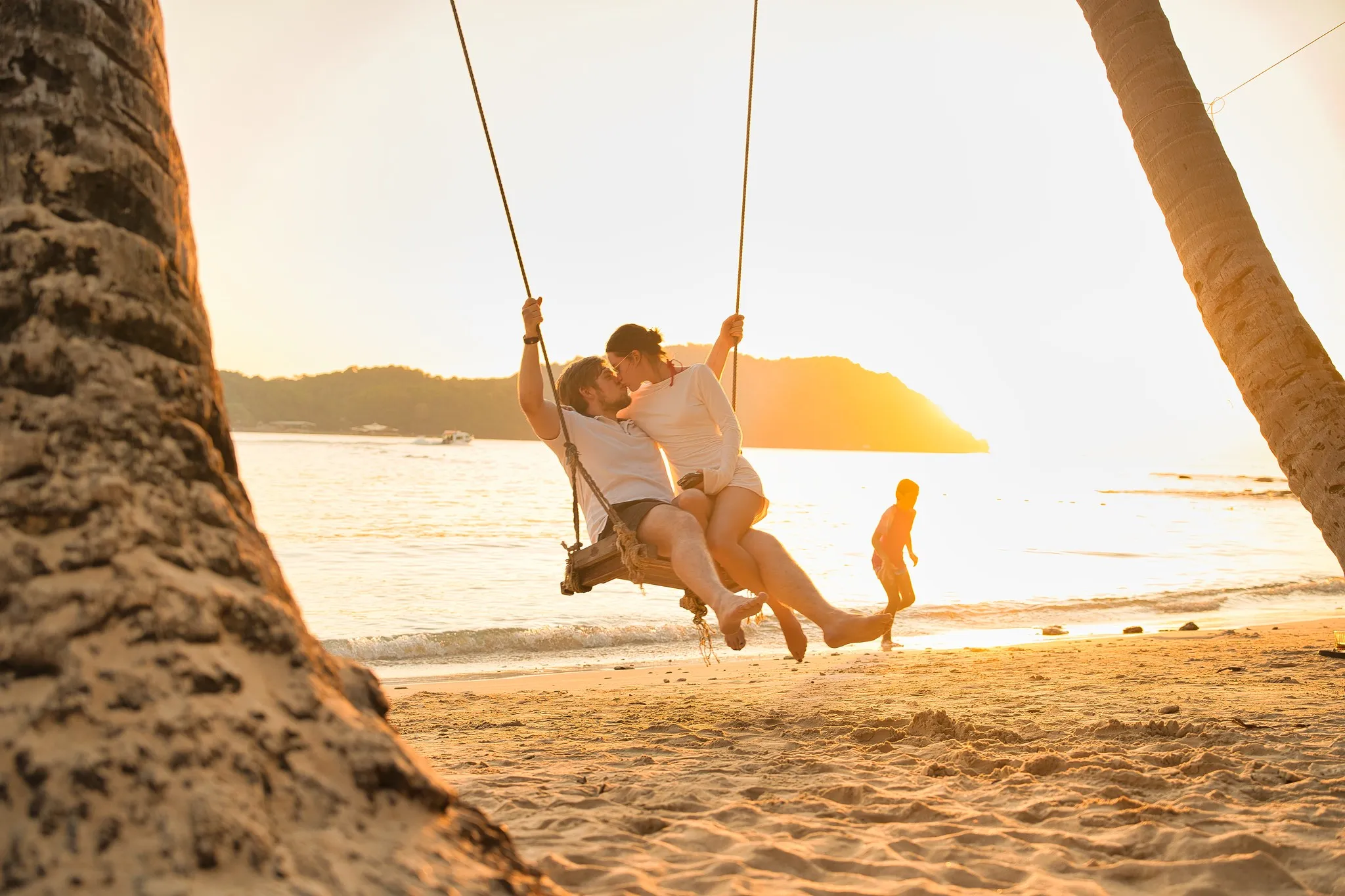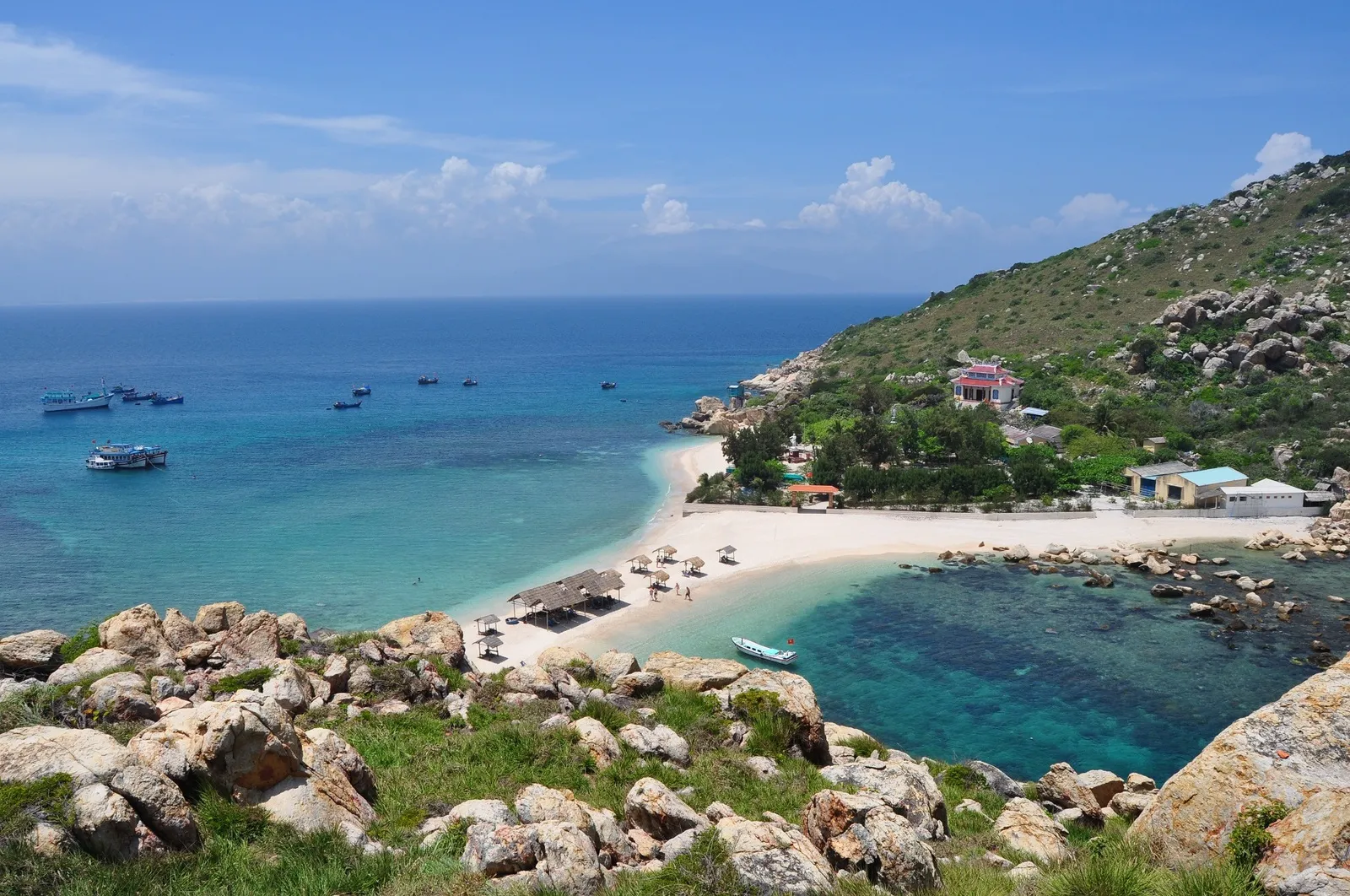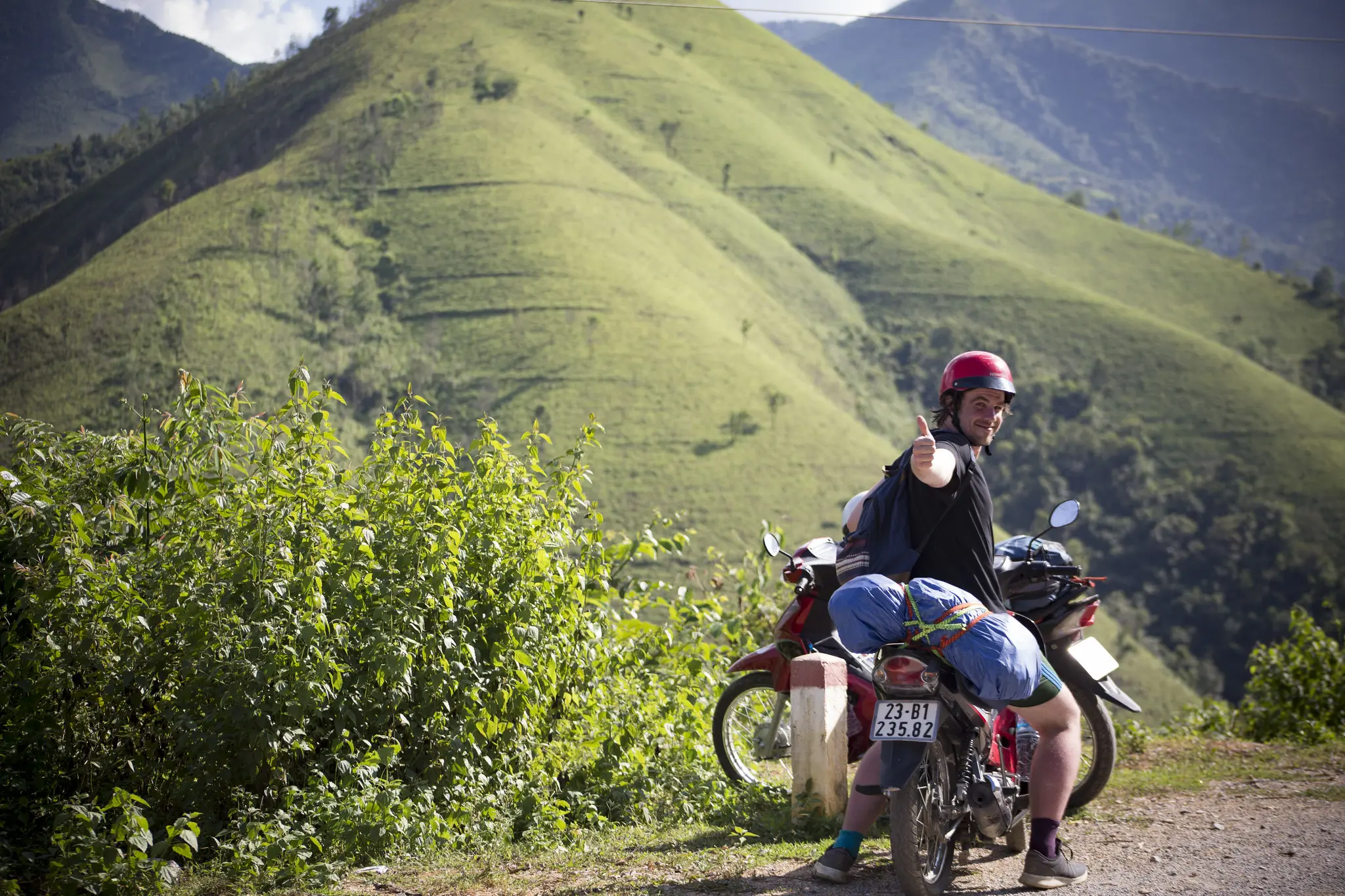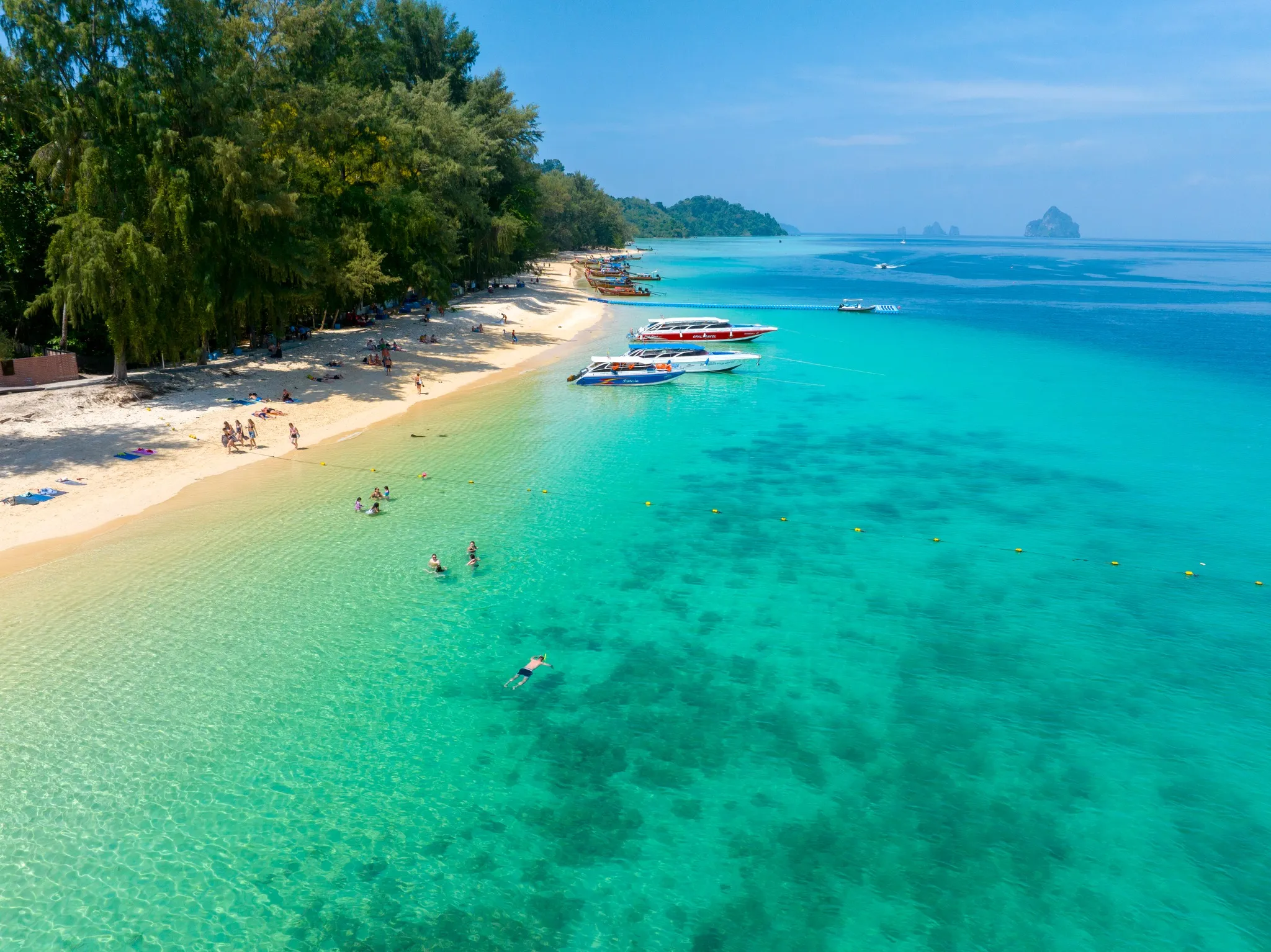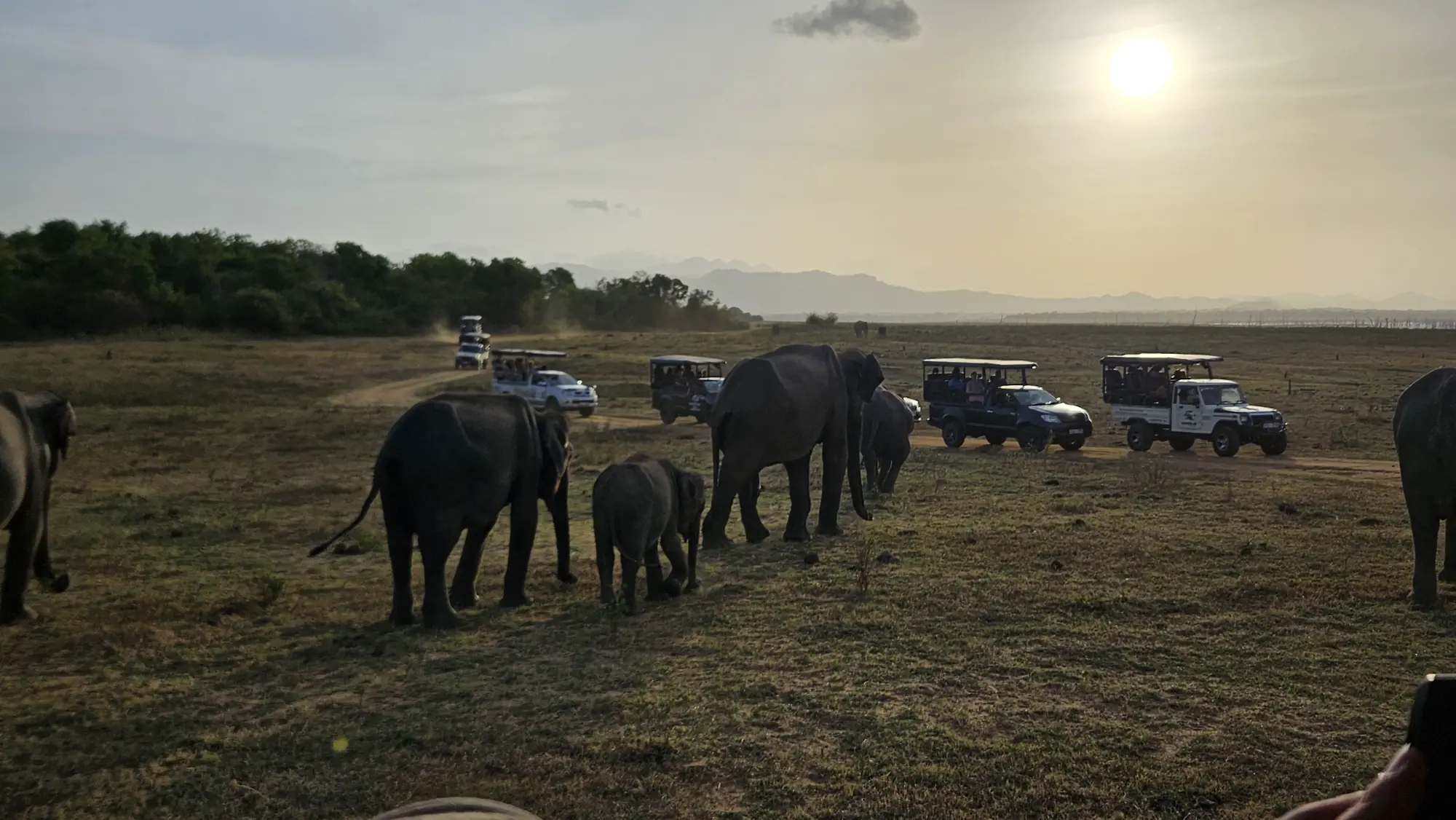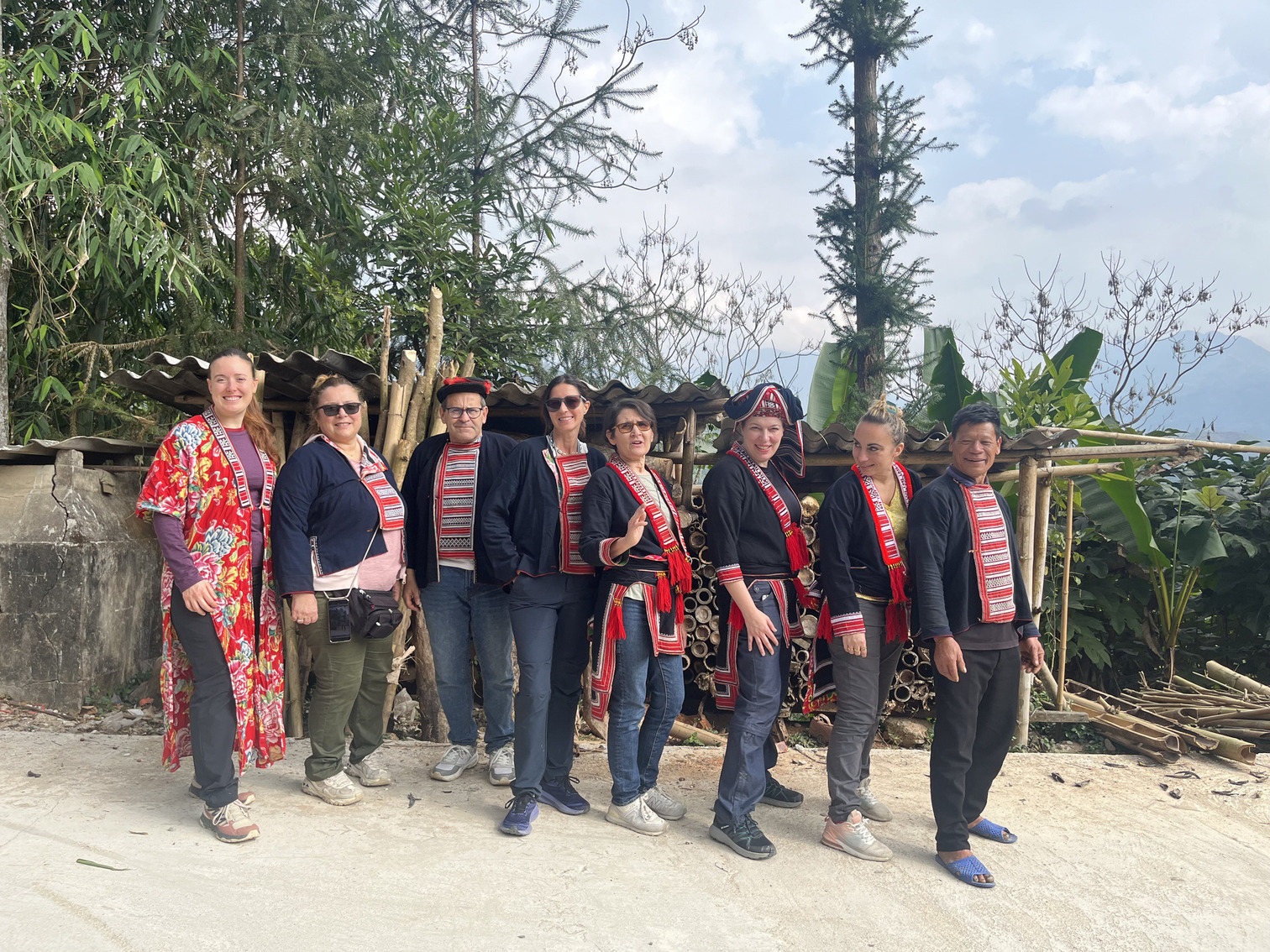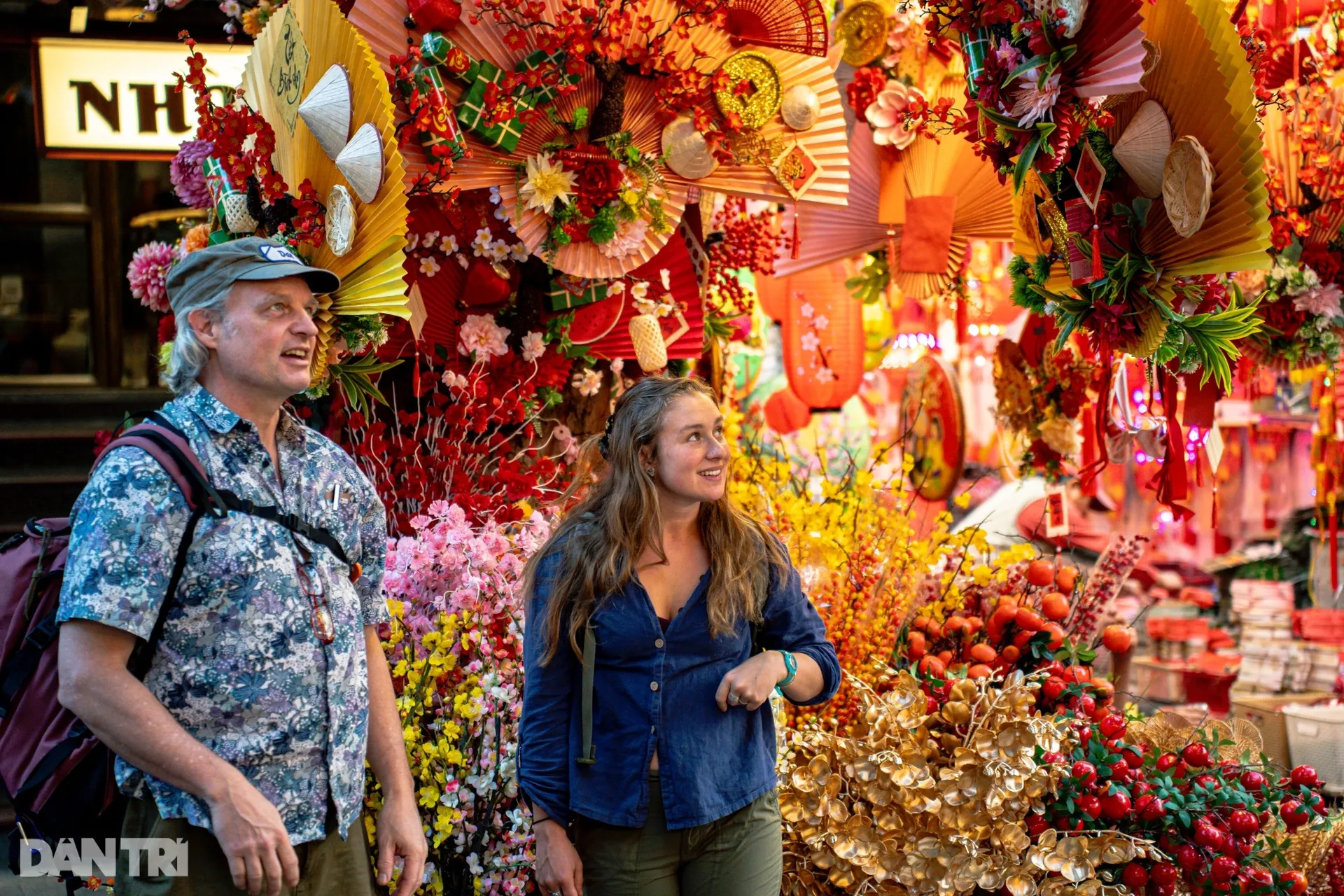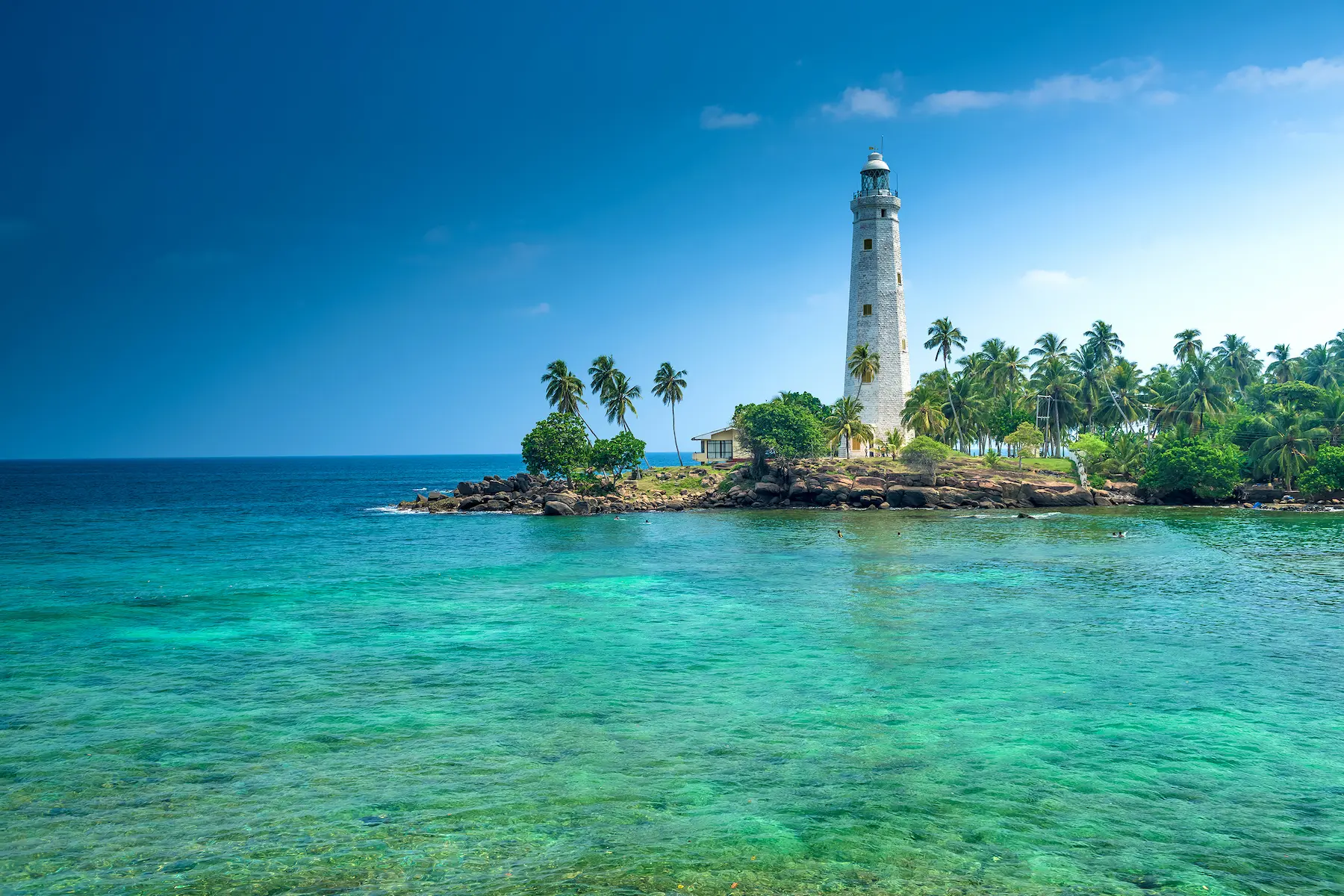
Category updated !!!
About Sri Lanka
Sri Lanka is an island of natural beauty and cultural heritage situated in the heart of the Indian Ocean. Its geographical location has endowed Sri Lanka with rich and varied terrains – dense forests inhabited by beautiful creatures, sun-kissed sandy shores, and breathtaking views. It has many UNESCO World Heritage sites that represent its historical heritage including the great cities of Anuradhapura and Sigiriya which are symbolic of Buddhism in the country for centuries, to the colonial architecture of Galle Dutch fort. Every morning one wakes up to the mouth-watering aroma of curry, hoppers and Ceylon tea and the friendliness of the Sri Lankans – a guarantee of a day of fun and adventure.
Popular Travel Sights
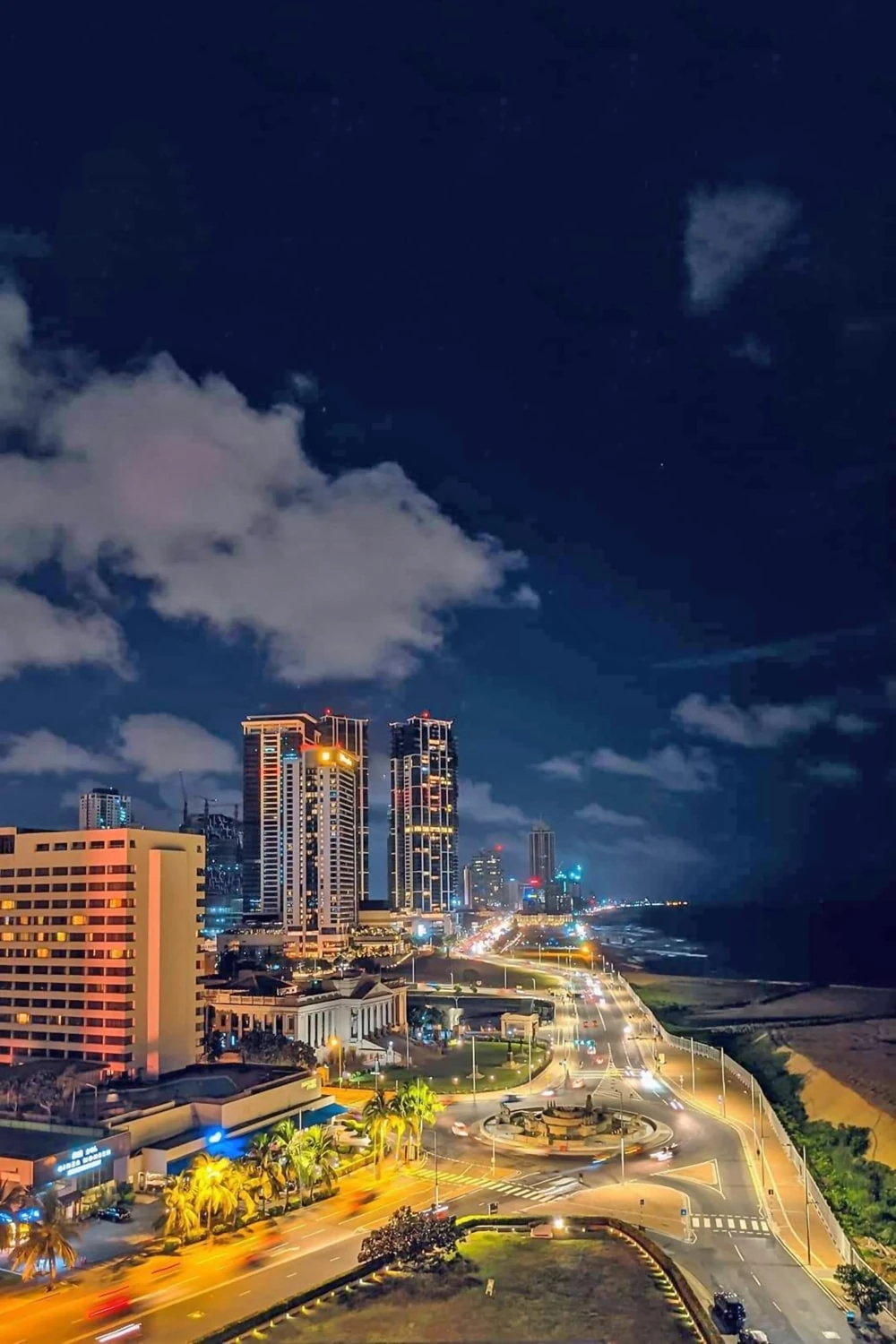
Colombo
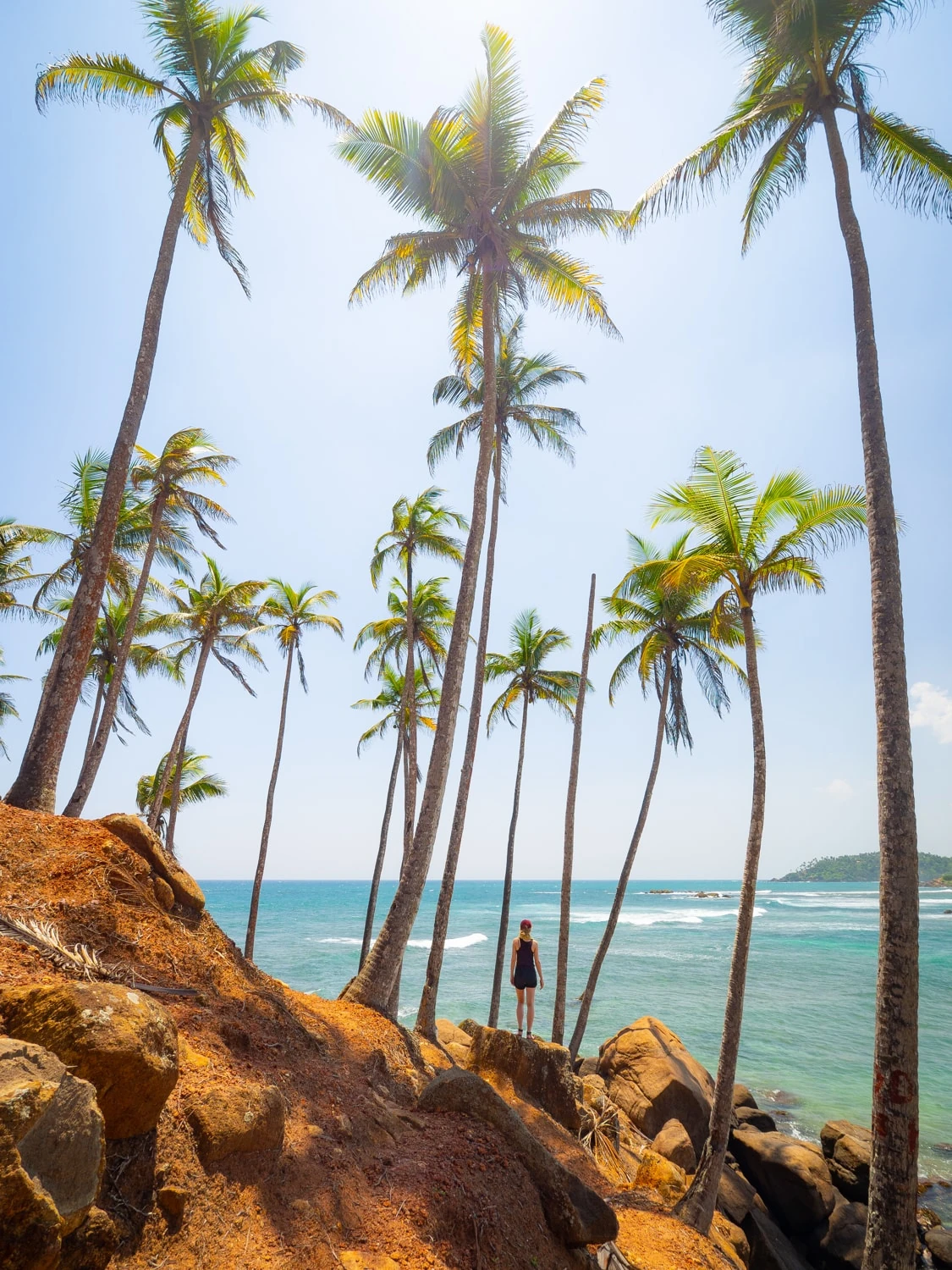
Negombo
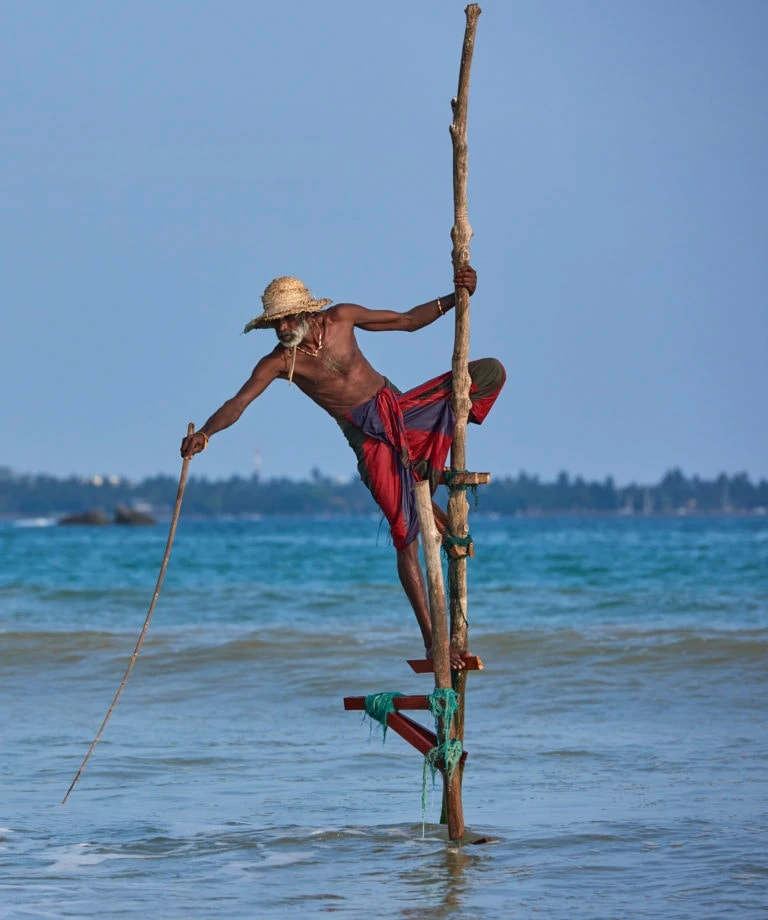
Galle
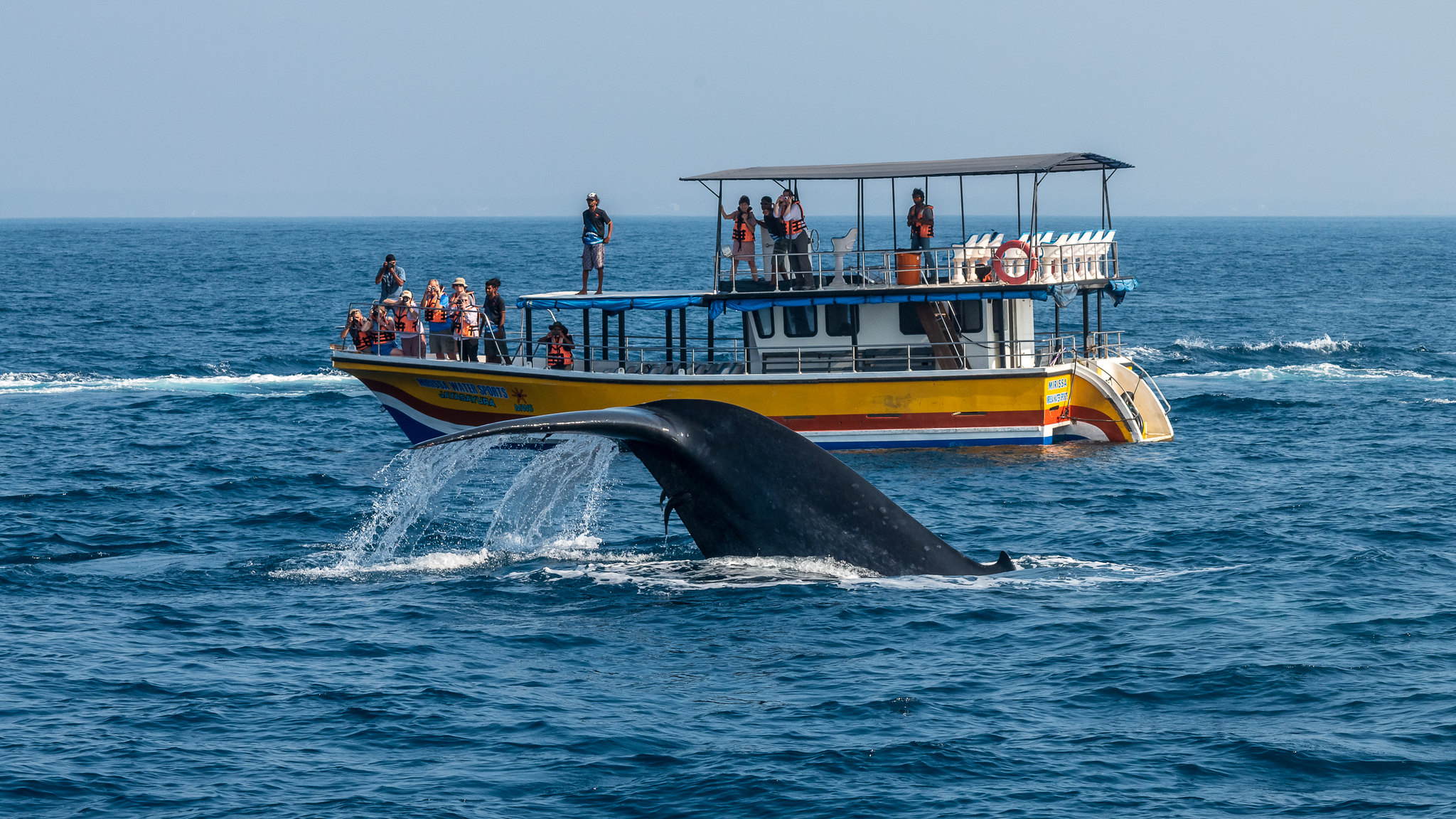
Weligama
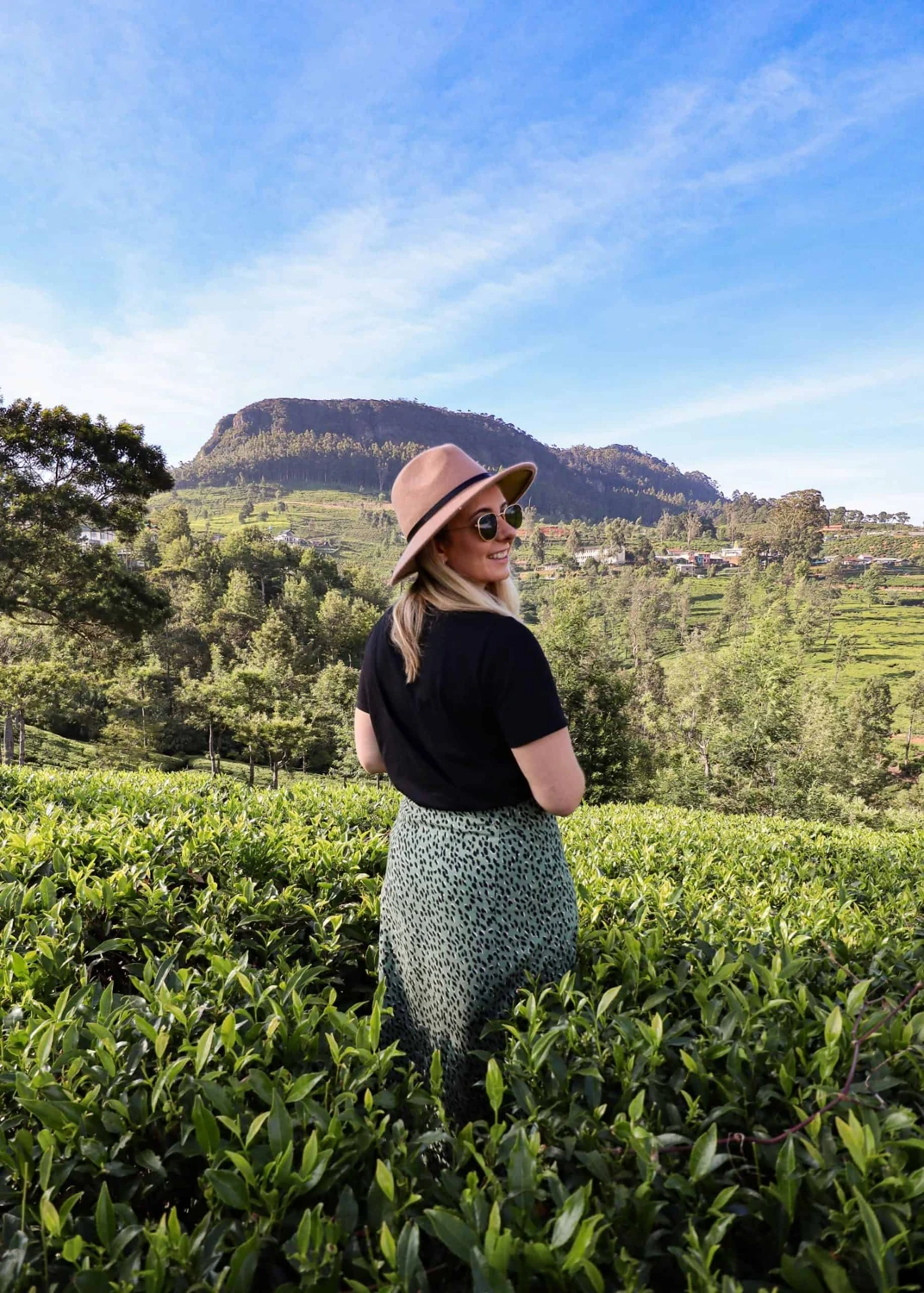
Kandy
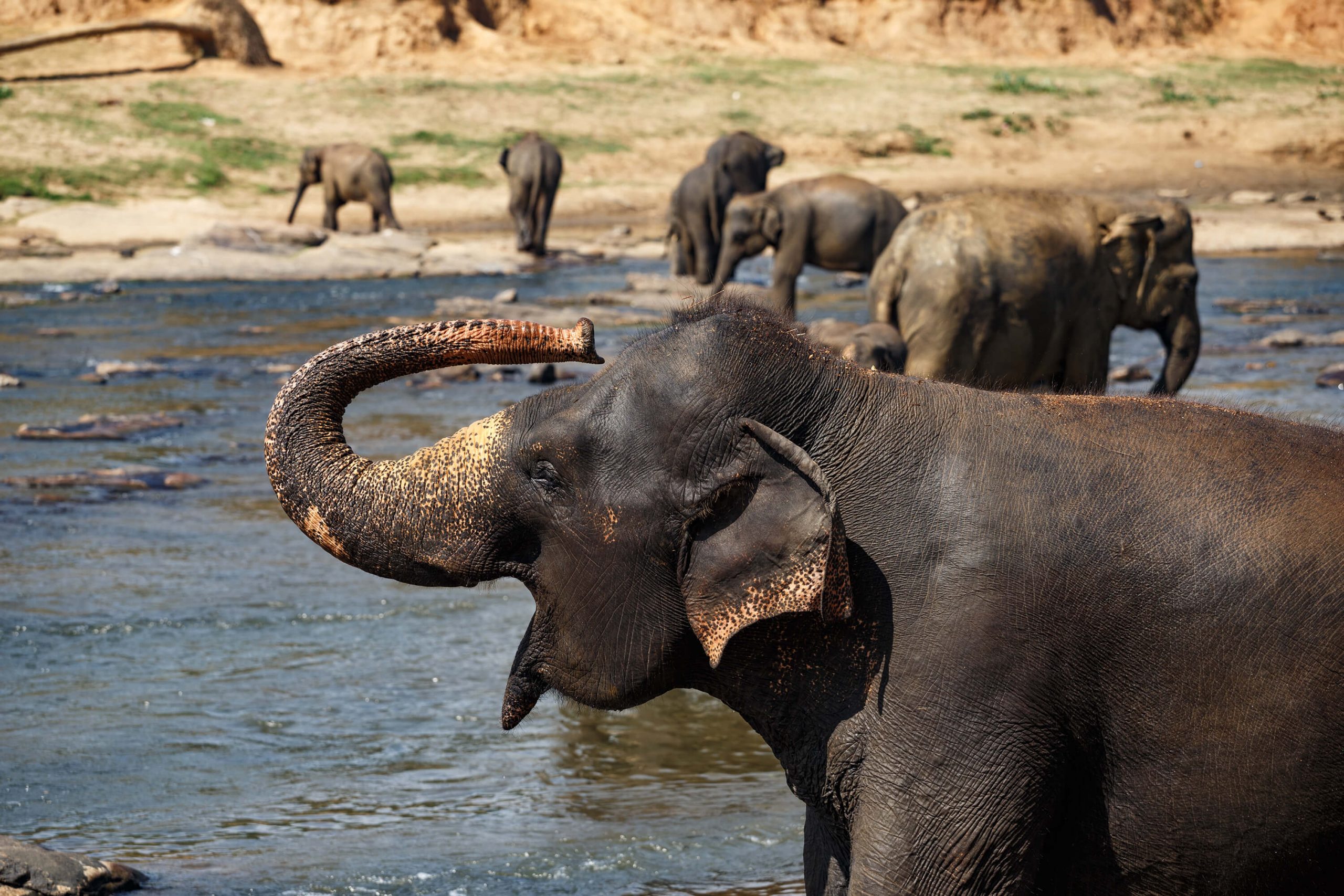
Udawalawe
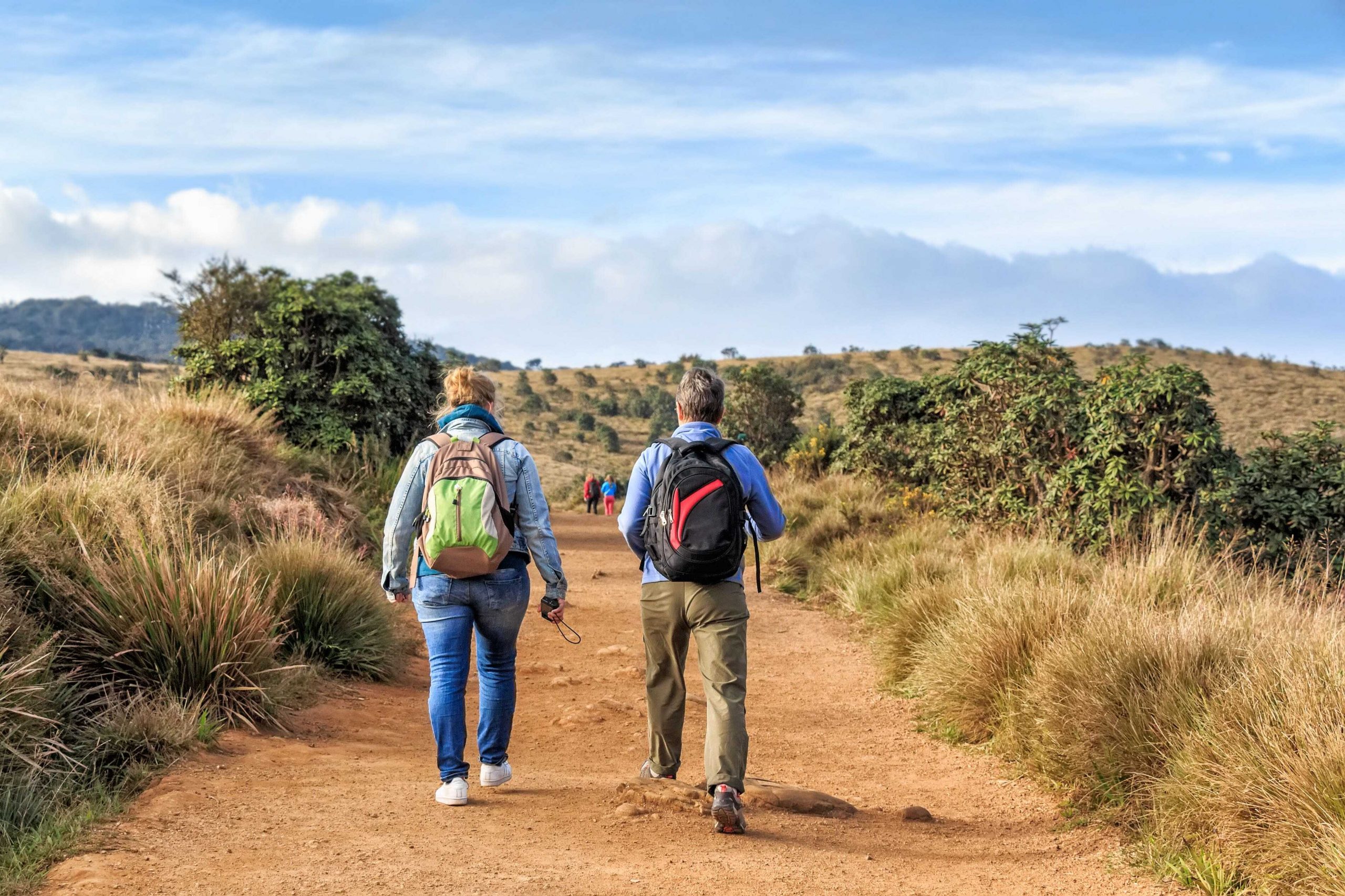
Nuwara Eliya
Important Information
Beach Season
✅ December - April (for South and West Coast) ✅ May - September (for North and East Coast)Wildlife Season
✅ August - April (especially for bird-watching in Bundala National Park) ✅ June - September (elephant spotting in Cultural Triangle; wildlife (including leopards) spotting in Yala National Park / Wilpattu National Park)Whale and Dolphin Spotting Season
✅ November - April in Mirissa ✅ June - October in TrincomaleeMain Festivals
Vesak Poya
Held in May, Vesak Poya, one of Sri Lanka's most revered Buddhist festivals, honors three pivotal events in Buddha's life: his birth, enlightenment, and nirvana. The celebrations kick off on a full moon day and extend for an entire week, transforming homes, streets, and shops into a radiant spectacle. Colorful lanterns, known as Vesak kudu, illuminate the night, symbolizing the light of Buddha. In bustling cities like Colombo and Kandy, dazzling pandals showcase intricate scenes from the Jataka Tales, while humble clay lamps cast a warm glow over small villages, adding to the enchanting atmosphere of Vesak across Sri Lanka.Esala Poya Perahera
Among the many vibrant religious festivals in Sri Lanka, the Festival of the Tooth stands out as a remarkable homage to the sacred tooth relic of Buddha, preserved in the renowned temple in Kandy. This grand celebration features a week-long procession held in July and August that dazzles with traditional dancers, drummers, and elephants adorned in exquisite regalia parading through the city's streets. The crescendo of excitement and fervor peaks on the final night, offering a spectacle that truly needs to be witnessed to be fully appreciated.
Sri Lanka enjoys year-round sunshine due to its tropical climate. In Colombo and along the coasts, temperatures typically range from 27 to 30 degrees Celsius, peaking in April. In the hill country, temperatures average around 10 degrees Celsius (e.g. Nuwara Eliya).
✅ For dry, sunny weather during the summer months (May to September), it's best to visit the east coast and northern regions, as the west and southwest coasts experience rain.
✅ Conversely, the west and southwest regions have favorable weather in the winter months (October to February), when the east and north are affected by the monsoon season.
Recommended vehicles
✅ Taxi - Uber and PickMe are two popular and prestigious taxi apps in Sri Lanka, easily found in major cities. They offer on-demand car taxi and Tuk-tuk booking service. Cars are preferred to ensure safety for newcomers. ✅ Tuk Tuk - For short journeys, tuk-tuks (three-wheeled vehicles) are an affordable and easily accessible way to get around, widely seen and utilized in big cities and small towns alike. Unlike metered taxis, fares for tuk-tuks are agreed upon with the driver before the ride starts. Tips - Uber and PickMe also provide food delivery services. You can place a food order from a restaurant on one of these apps. They will assign a delivery partner to pick up the order to bring it to you.Optional vehicles
✅ Scenic Train Journeys: Major towns and cities are well-connected by train, offering an easy, convenient, and sustainable way to travel. ✅ Buses: Where trains aren't available, buses (both public and private) connect much of the country.Currency
The Sri Lankan rupee (Code: LKR) is the currency of Sri Lanka. However, it is also common for businesses to accept US dollars and Indian rupees.Money Exchange
✅ You’ll be able to exchange currency easily at Colombo Airport, exchange bureaus, banks or even from local ATMs (check with your bank first to see if your card will work). ✅ It's advisable to have some local currency on hand because not all places accept foreign currency or credit cards. In cities, Visa and Mastercard are widely accepted, but in rural areas and small local shops, they prefer local currency. ✅ Before you travel, inform your banks about your plans to avoid any restrictions on your credit/debit cards due to potential fraud concerns.Electricity
Voltage: Sri Lanka uses 230V electricity with a frequency of 50Hz. ✅ Plug Types: The power plugs and sockets are of type D, M, and G. ✅ Plug type D is the plug which has three round pins in a triangular patternand. ✅ Plug M resembles the plug type D, but its pins are much larger. ✅ Plug type G is the plug which has three rectangular pins in a triangular pattern. Due to different standard voltages and plug types among countries, adapters and converters are recommended to ensure the safety and sustainability of your electronic devices.Tippings
✅ Tipping is accepted as an act of appreciation and gratitude for services rendered in Sri Lanka. Most hotels and restaurants will have tip boxes while at others, you can tip the relevant staff members personally. A tip of approximately 10% of the service value is generally accepted although there are no hard and fast rules. ✅ For chauffeur guides and national guides, naturalists and jeep drivers in safaris, we generally recommend a range of US$ 8-10 per person, per day that you can tip daily or as a tip at the end of the journey, as per your level of satisfaction.Safety Issues
✅ Guard your wallets, jewelry, credit cards, money and any other personal belongings carefully. Leaving crucial documents such as your passport and visa in the safety box at your hotel. ✅ Routine petty crime is not common here but street hustlers or "touts" can be quite disturbing.Outfits
✅ Always carry an umbrella, hat, cap or a scarf to protect yourself from the high temperatures and heat as well as from sudden rain showers. ✅ It is advised to wear either fully covered clothes or bring along a sarong/cloth to cover when visiting religious sites as a sign of respect.Toiletries & Medications
✅ According to Center for Disease Control and Prevention (CDC), proof of vaccination against yellow-fever is required by the Sri Lankan government if the country you are visiting from has a risk of yellow-fever. ✅ Almost all of the mainstream medicines are available in Sri Lankan pharmacies for purchase; however, if you feel you require special kinds of medication, please bring them with you. ✅ While imported beauty products are available in major cities, it is best to pack toiletries such as sunscreen, contact lens solution, tampons and mosquito repellent.Shopping & Shipping
✅ Markets and Shops: Sri Lanka is known for handicrafts, gemstones, tea, spices, and textiles. Popular markets include Pettah Market in Colombo and Kandy’s Main Market. ✅ Bargaining: Bargaining is common in markets in Sri Lanka but it's important to approach it with respect. You should reach a fair agreement that satisfies both yourself and the seller/provider, rather than just aiming for the lowest price.The Insider
Travel insights & best tips from our local experts
 Make an enquiry
Make an enquiry
If you would like to customize this itinerary and create a Tailor Made Journey just for you and your companions, Click here to inquire, or speak to our travel professional.



